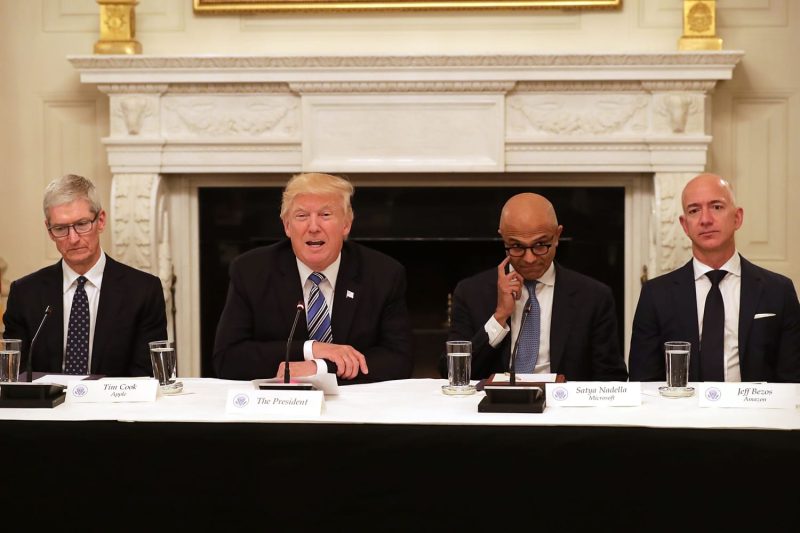
Wall Street Anticipates Deal-Making Boom Under Trump Administration
In the world of politics, every decision made by a leader can have a profound impact on the economy and, in turn, on Wall Street. The presidency of Donald Trump has been no exception to this rule, with investors and financial analysts closely monitoring his actions and policies for potential effects on deal-making and market performance. Trump’s background as a real estate developer and businessman brought a different perspective and approach to the presidency, one that Wall Street appeared to welcome with cautious optimism.
Throughout Trump’s presidency, many on Wall Street believed that his business acumen would unlock new opportunities for deal-making. His background in negotiating business deals and his willingness to engage in unconventional tactics were seen as potential assets in leveraging international trade relationships and driving economic growth. Additionally, Trump’s promises of deregulation and tax reform had initially been met with enthusiasm by investors, who believed that these policies would provide a boost to corporate profits and stimulate deal-making activity.
One of Trump’s significant achievements during his presidency was the implementation of tax reform in 2017, which included significant corporate tax cuts. This move was widely applauded on Wall Street, with many viewing it as a positive development that would incentivize companies to invest in the U.S. and stimulate deal-making. The tax cuts were expected to increase corporate profits, boost stock prices, and potentially lead to an increase in mergers and acquisitions activity.
In the realm of international trade, Trump’s unorthodox negotiating strategies drew both praise and criticism. His willingness to challenge long-standing trade agreements and impose tariffs on foreign goods sparked concerns about a potential trade war that could disrupt global commerce. However, some on Wall Street saw these tactics as a means to address trade imbalances and negotiate more favorable deals that could benefit American businesses.
Perhaps the most prominent deal-making event during Trump’s presidency was the negotiation of the United States-Mexico-Canada Agreement (USMCA) to replace the North American Free Trade Agreement (NAFTA). The USMCA addressed several key issues related to trade between the three countries and was met with a generally positive reception on Wall Street. The agreement was seen as a win for American industries such as manufacturing and agriculture, providing more certainty and stability for businesses operating in North America.
Despite the optimism surrounding deal-making under Trump’s presidency, there were also challenges and uncertainties that loomed over the market. The president’s unpredictable behavior and frequent shifts in policy direction created a sense of volatility and unease among investors, making it difficult to gauge the long-term implications of his decisions on deal-making activity. Furthermore, the escalation of trade tensions with countries like China and the European Union raised concerns about the potential negative impact on the economy and deal-making prospects.
In conclusion, Donald Trump’s presidency had a significant impact on deal-making on Wall Street, with investors closely monitoring his policies and actions for potential opportunities and risks. His business background, tax reform initiatives, and renegotiation of trade agreements all played a role in shaping the deal-making landscape during his time in office. While his unconventional approach to governance brought both benefits and challenges, it highlighted the interconnectedness between politics and economics, and the ways in which decisions made in the White House can reverberate throughout the financial markets.
